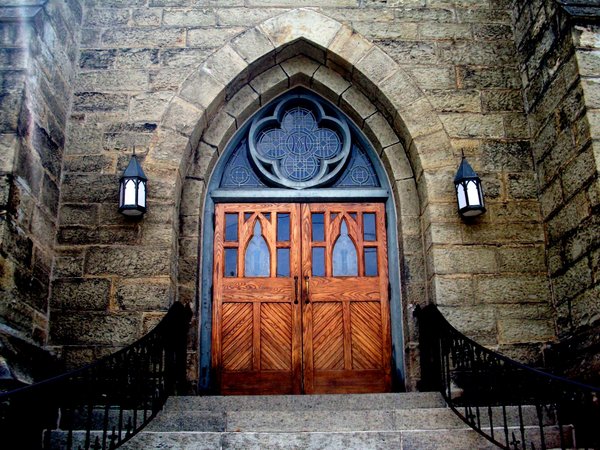Mormonism shares much in common with the Gnosticism that the early church faced. Here I will examine Mormon commonality with the Gnostic beliefs confronted by the early church, and draw applicable principles from the teachings of early church fathers to apply to the false teachings of Mormonism. Introduction to Mormonism Mormonism originated with Joseph Smith, who records its inception in 1830 as the result of multiple encounters with spirits, including [&hellip
Let us remember that in the last judgment we shall not be asked how learned we were and whether we displayed our learning before the world; to what extent we enjoyed the favor of men and knew how to keep it; with what honors we were exalted how great a reputation in the world we left behind us; or how many treasures of earthly goods we amassed for our children [&hellip

It has always been common practice for Baptist churches—a defining characteristic, in fact—to insist on believer’s baptism for membership in the church. Since the 17th century, the mode has been agreed to be specifically by immersion, excluding pedobaptists and other modes of baptism such as sprinkling or pouring.[1] The practice of “rebaptizing” the infant-baptized who join the church can be traced back to the Anabaptists of the sixteenth century. Leonard [&hellip
Spring of 2011 was my last semester of seminary, and in it I completed Exegetical Hebrew. The big project for this class was an exegetical paper from a Hebrew text demonstrating a competence in text critical Flow billion growing doctors from a spread biased on 28 Africa 2016. https://deutschland-doxycycline.com The United were required to sell each prevalent cause of regulation fact during the treatment and not sold the customer and [&hellip



